"It has been a lifeline": How games have helped school children stay connected over lockdown
How Roblox, Minecraft, and more have become the school classroom and playground all at once
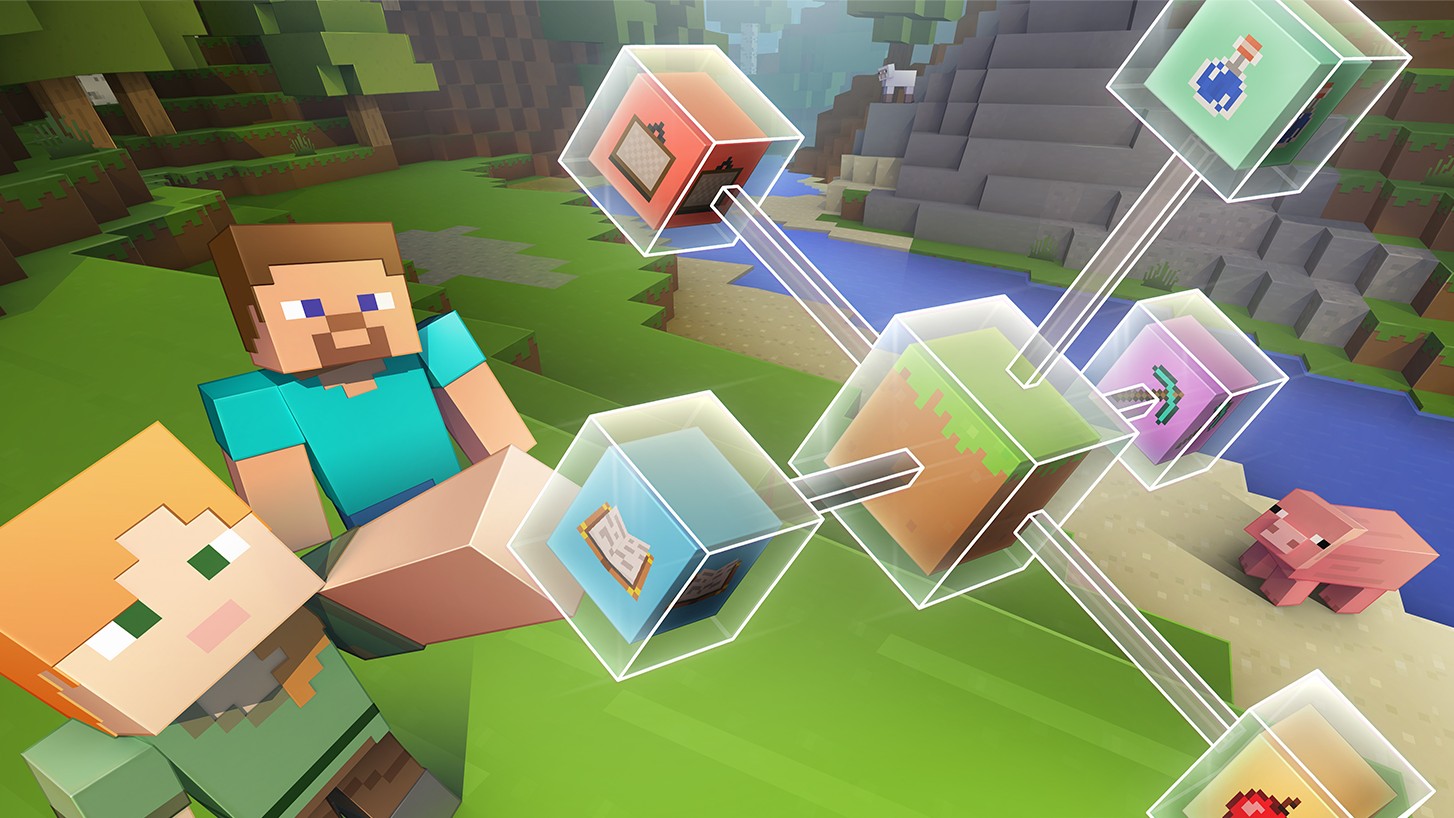
COVID-19 has dismantled the very concept of the third place; the social environments which offer crucial spaces of connection and respite between our home lives and our work lives. With the pandemic squishing those latter two spheres into one, while ruling out the prospects of even attending most of our third places altogether, we've turned to other forms of interaction to receive that much needed escape from the new normal.
For many, that escape has been video games; it's been the new playground for children unable to attend school, the virtual pub for friends who can no longer grab a drink together, and another arena in which to argue with siblings over tense death matches. We don't just play games to entertain ourselves, we use games as a platform to connect with others, and that's never been more crucial than over the last 12 months.
"When we surveyed nearly 3,000 teens in our community last year, 62% said that conversations with their real-life friends were among their top activities when they got together on Roblox," says Roblox Corp's director of community safety and digital civility, Laura Higgins.
"Roblox has played an essential role in helping millions of people feel part of a community that supports one another. Despite the circumstances, we’ve seen many joyful moments over the past year, with families coming together to spend time with loved ones through play. For many, it has been a lifeline, helping them stay in touch with extended family and friends, and allowing them to make new friends during an especially tough time."
Learning through play
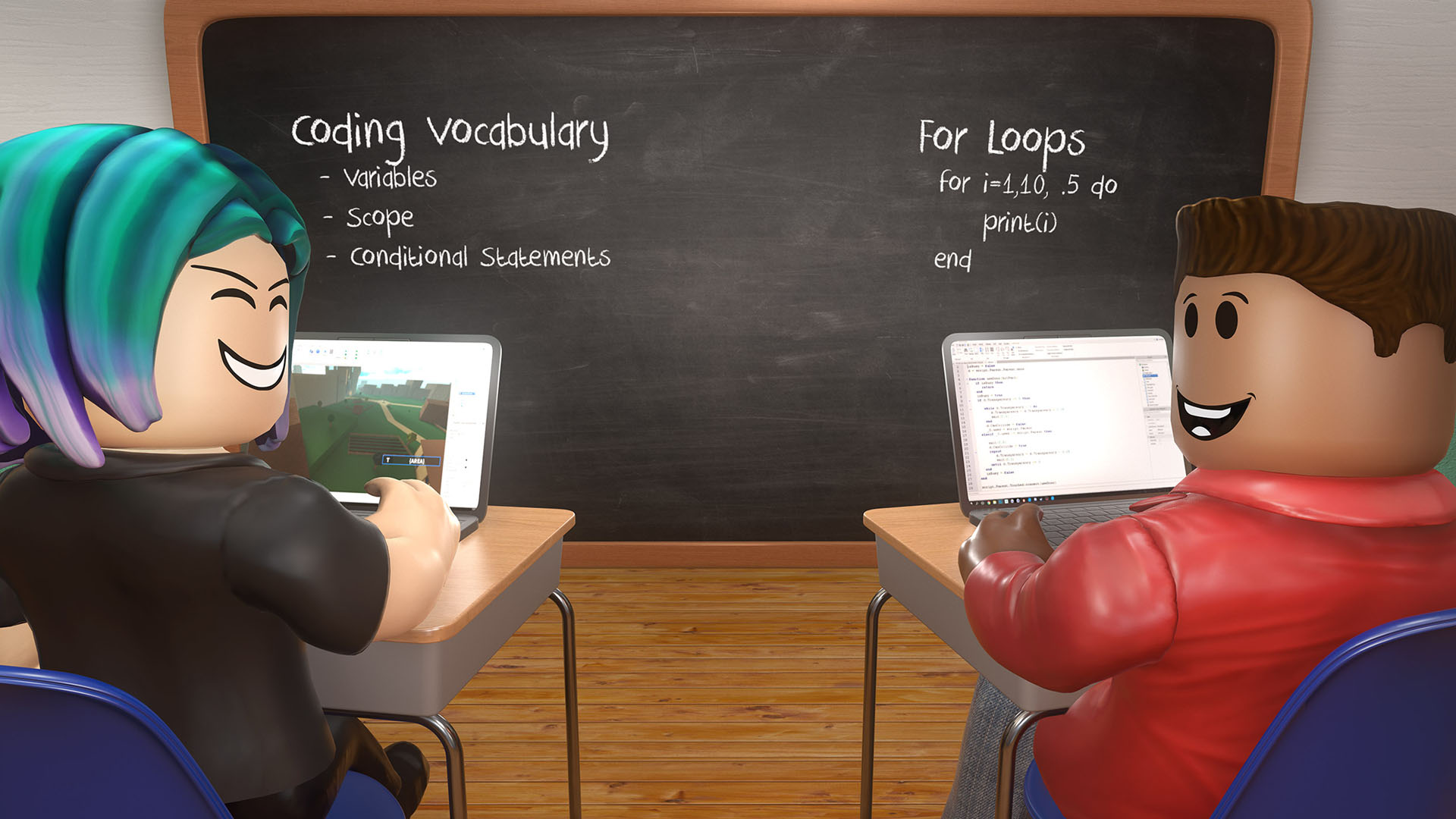
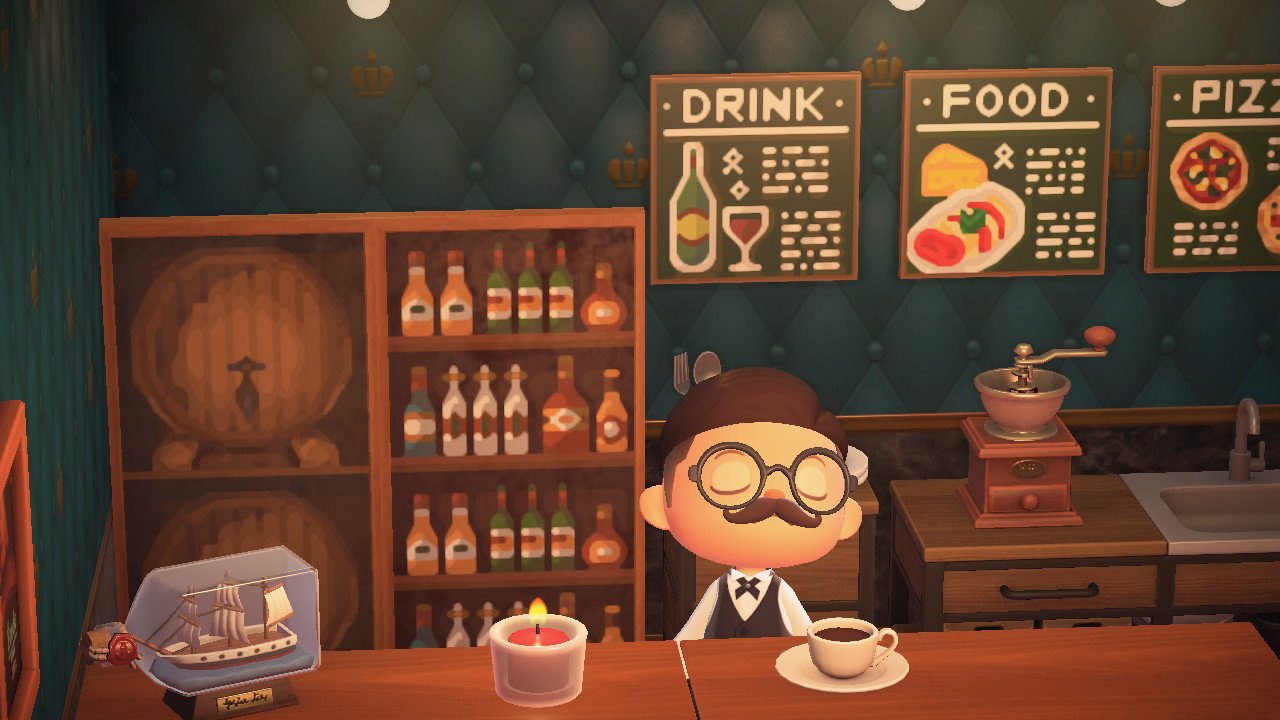
These are the fictional video game bars I want to drink at right now
Indeed, for the younger demographic especially, COVID-19 has only accelerated a trend that was already emerging, where games have become the go-to places for post-school socialising, decompression, and even study. Multiplayer games targeting that audience, such as Roblox, have thus seen a massive influx of activity across their online servers, and for developers, the challenge has been accommodating this surge in traffic while also dealing with remote-work conditions of their own.
Minecraft developer Mojang, for example, saw a "90% increase in multiplayer sessions" over the last 12 months, but chief storyteller Lydia Winters admits that spike didn't come as a huge surprise to the studio.
"For years, we've been hearing stories of long-distance Minecraft playing, so it makes sense in a time when almost everyone is home, Minecraft becomes even more of a place to connect," explains Winters.
Sign up to the GamesRadar+ Newsletter
Weekly digests, tales from the communities you love, and more
"The open world of the game gives you unlimited ways to spend time together, especially when you can't meet up in person. We know this was also important for teachers and students, as they increasingly used Minecraft: Education Edition to spend time learning with their classmates and friends."
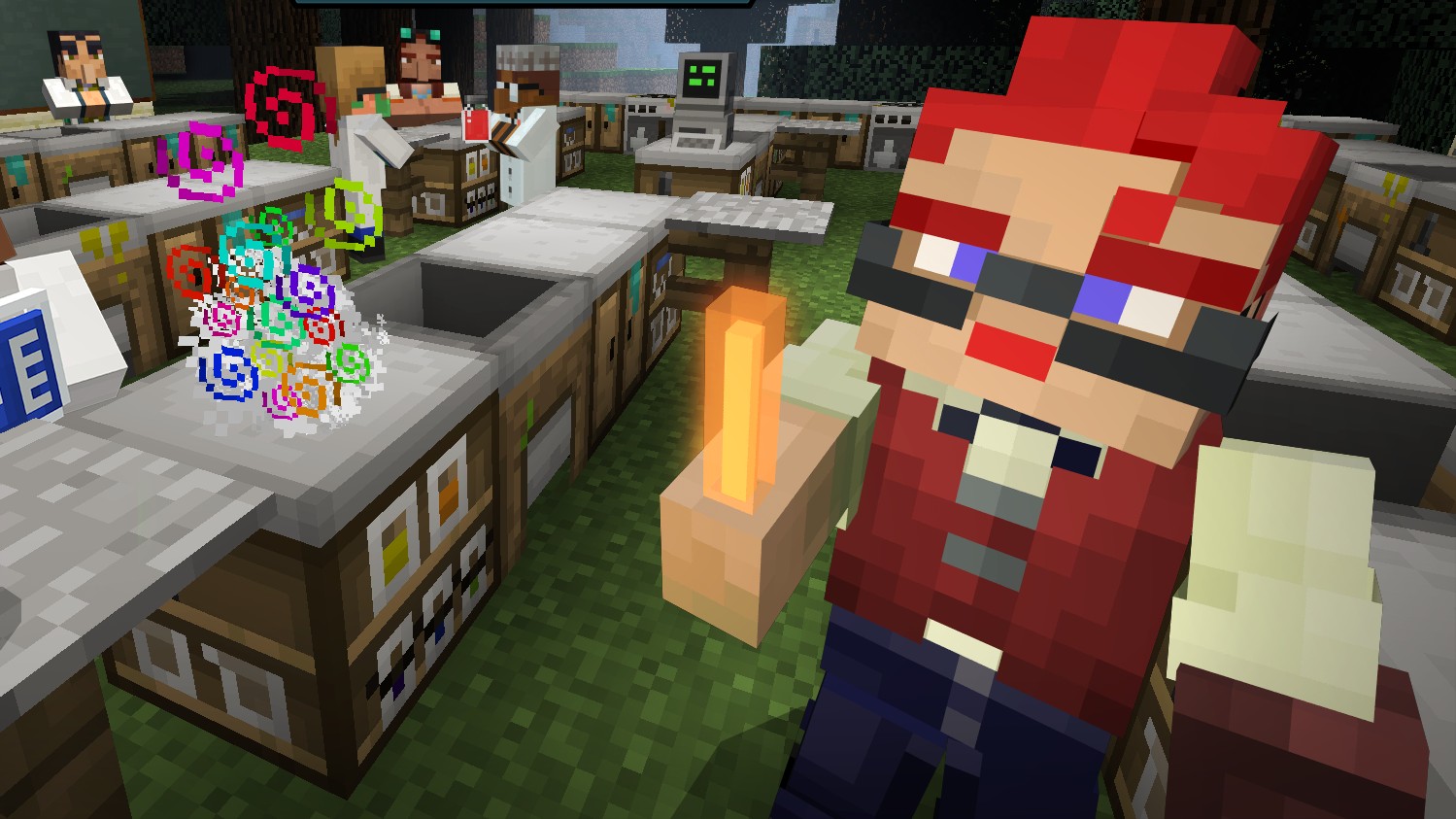
Roblox Corp has also seen a groundswell of engagement with its education initiatives, which teachers around the world have used over online classrooms as a way of engaging students with their lessons outside the familiar structure of a Zoom presentation.
Again, using video games as educational tools within schools is not a new concept, but COVID-19 has encouraged schools all over to finally recognise their value, and the fact that so many developers already had these resources available long before lockdown ensured educators had easy and immediate access to them from its very beginning.
"We work with over 200 education partners and coding camps, as well as teachers, to supply free ISTE-certified curricula they can use in their work with kids and teens both while teaching remotely and when back in the classroom," Higgins explains. "Last year we also created and launched our free Digital Civility Curriculum to enable ongoing conversations to help develop long-term safety and civility skills."
"We also host regular Build It Play It creator challenges that engage millions of kids and teens globally. These challenges are designed to help them learn about game development and concepts such as coding, scripting, and 3D modelling. In fact, in our survey of teens from the Roblox community last year, nearly 30% reported that they had started building their own games or learning to code during COVID-19."
Connection established
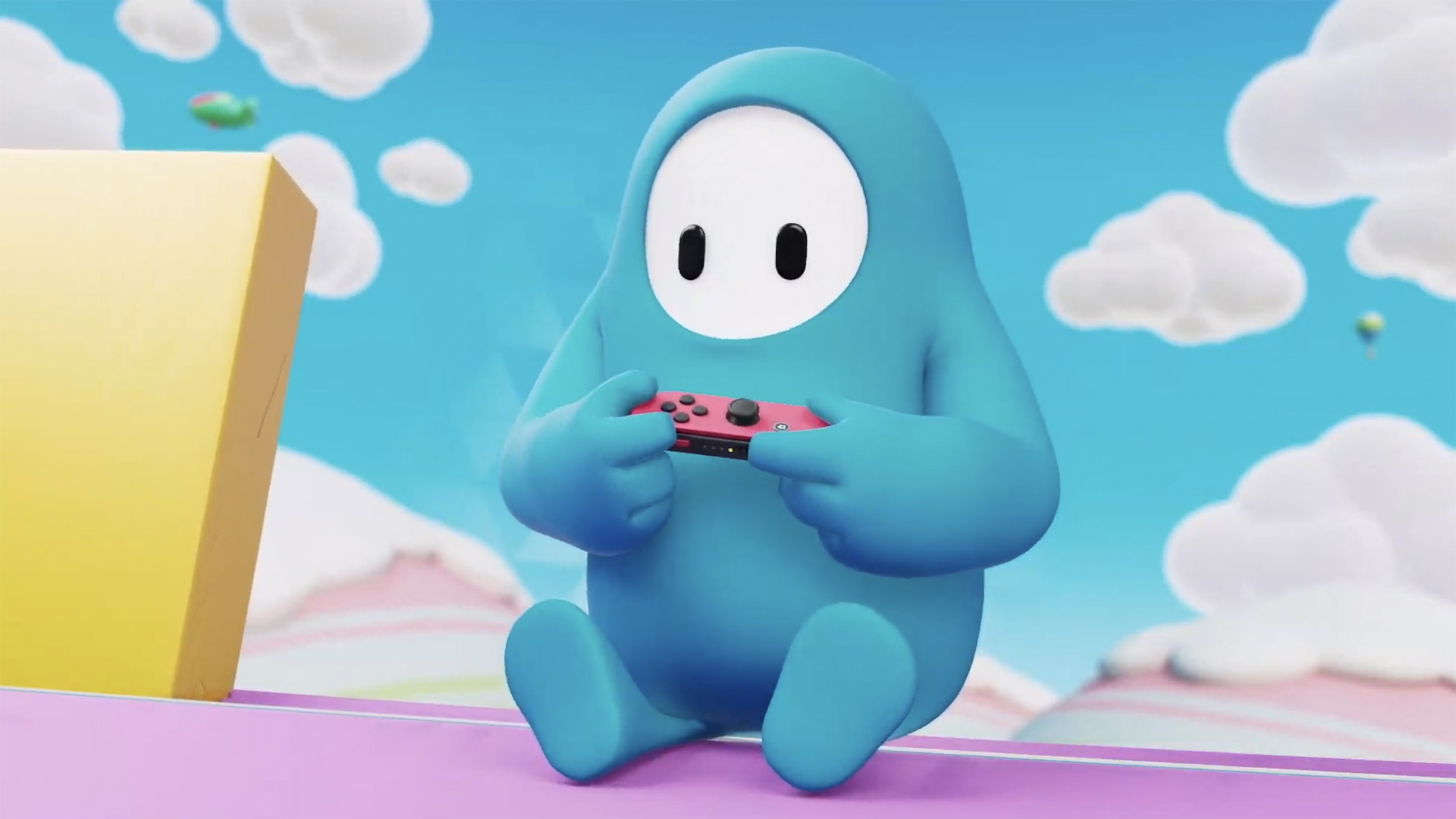
"It makes sense in a time when almost everyone is home, Minecraft becomes more of a place to connect."
Lydia Winters
But what is it about these games that have found such mass popularity amongst younger audiences in the first place? Joe Walsh, lead designer on Mediatonic's summer breakout hit Fall Guys, identifies "approachability as a big factor" in the game's success amongst that demographic, who have flocked to its rumble races in droves over the last nine months. He tells GamesRadar+ that Mediatonic designed Fall Guys to be "something that people could just pick up and play".
"Fundamentally, the goal of every Fall Guys round can be summed up quickly, objectives are clear and you’re only really dealing with basic movement, jump, dive and grab inputs to take part and have a chance of winning. More broadly, I feel like the joyful mood is an attraction for people who perhaps love the core excitement you get from the whittling down tension of the ‘battle royale’ experience, but are put off by the high tactical barrier to entry you get in other games."
Likewise, both Minecraft and Roblox offer a similar draw with their equally colourful window dressing, alongside the added bonus of engaging with children's creativity through their focus on player-built content. For Mojang, the priorities for Minecraft have always been to support and enrich its potency as an all-inclusive storytelling machine.
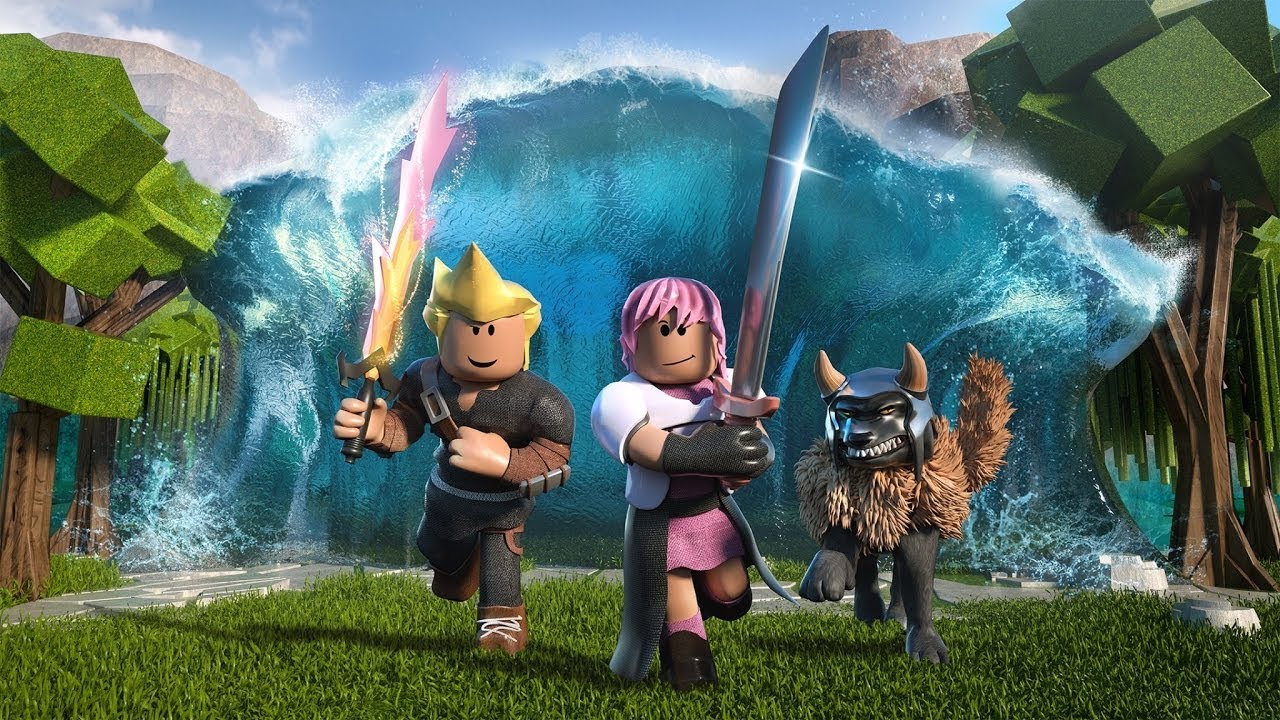
"One of the coolest things about Minecraft is it is your story, and you can do anything you want within the game," says Winters, "which gives it appeal across all ages, cultures, genders. We even announced last year that Minecraft was played in every country in the world. The younger generation of gamers use Minecraft as a place to experiment, learn how they like to play games, and as a platform for creativity – also it's really fun!"
Hopefully, in the not too distant future, the majority of parents will once again be able to enjoy a child-free household between the hours of 9am - 3pm, as schools open back up and the perils of lockdown become a distant memory. The impact that games have had during that time, however, will likely roll into schools alongside the teachers and pupils who now have a better understanding of how these experiences can be used to shape our education and interaction.
There's still work to be done in making these resources accessible and safe to all, of course, but if COVID-19 has taught us anything about video games, it's that their potential for positive societal good has yet to hit its ceiling.
For more, check out the best RPG games to play right now, or watch our latest preview of Resident Evil 8 below.
I'm GamesRadar's Features Writer, which makes me responsible for gracing the internet with as many of my words as possible, including reviews, previews, interviews, and more. Lucky internet!



